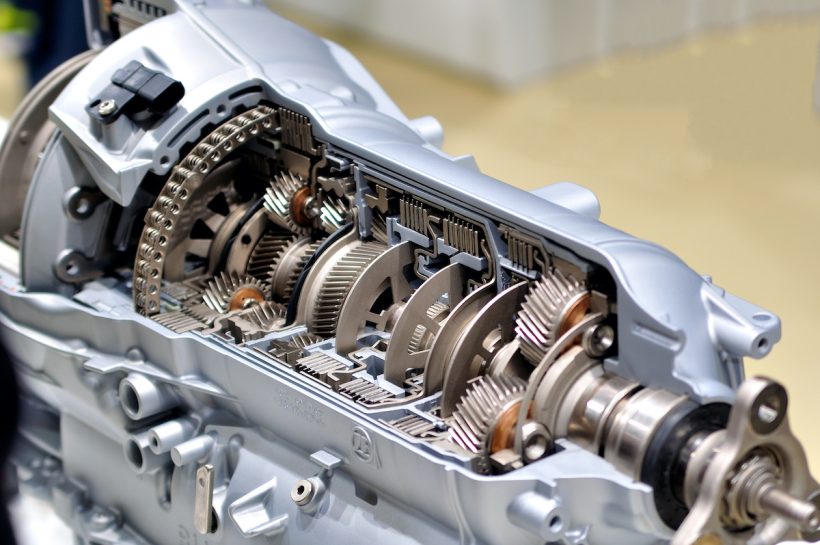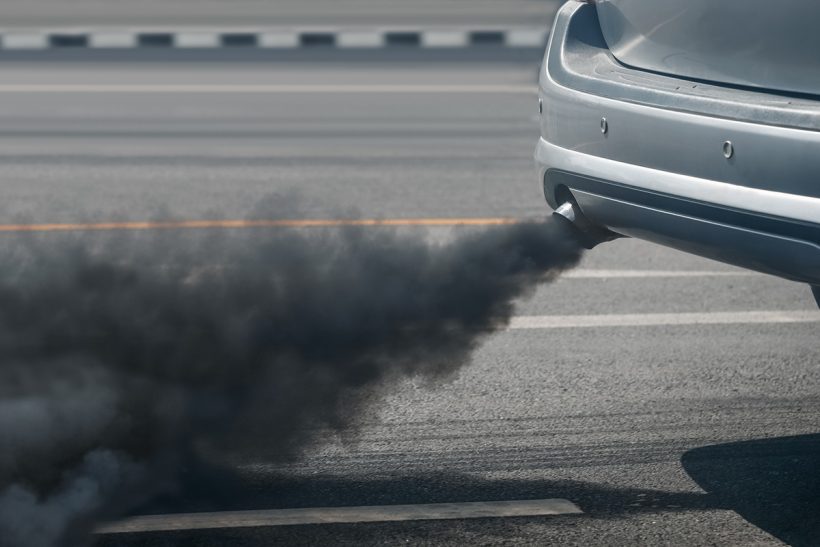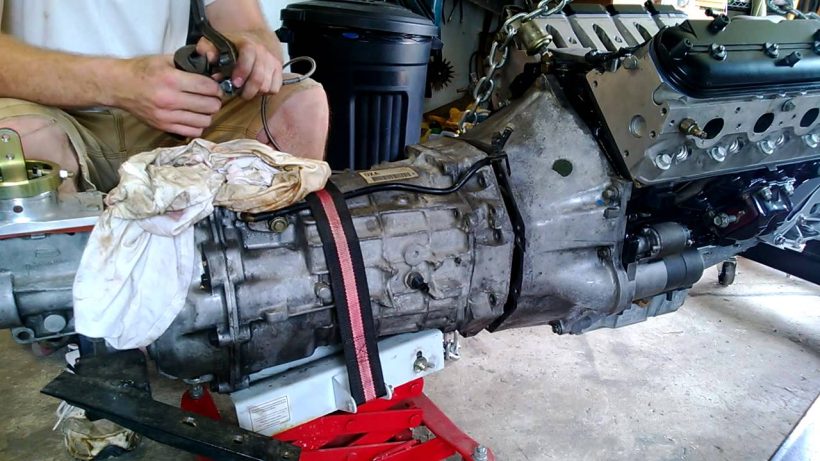If you are the owner of a car, sooner or later you will have to replace your engine or transmission. This can be a daunting task, especially if you don’t know much about engines and transmissions. In this blog post, we will discuss everything you need to know about engine and transmission replacements. We will cover the different types of engines and transmissions available, as well as the pros and cons of each. We will also provide tips on how to choose the right engine or transmission for your car. So read on for all the information you need to make an informed decision!
Why Do Engines & Transmissions Need to Be Replaced?
Engines and transmissions are two of the most important components of a car. They are responsible for powering the car and making it move. Over time, they will wear out and need to be replaced. This is usually due to normal wear and tear, but it can also be caused by other factors such as overheating or damage from an accident.
These essential parts of your vehicle need to be replaced because they are what make your car run. The engine is responsible for powering the car while the transmission helps to transfer that power to the wheels. Over time, these parts will wear out from normal use or damage and will need to be replaced in order for your car to continue running properly.
What Are My Options When Replacing My Engine or Transmission?
There are many different types of engines and transmissions available on the market. The best one for your car will depend on a number of factors, such as the make and model of your car, your driving habits, and your budget.

Some of the most popular options include:
- Gasoline engine: A gasoline engine is the most common type of engine found in cars. It is typically less expensive than other types of engines, and it runs on readily available gasoline.
- Diesel engine: A diesel engine is more powerful than a gasoline engine, and it is often used in trucks and SUVs. Diesel fuel can be more expensive than gasoline, however.
- Electric motor: Electric motors are becoming more common in cars, especially hybrid and electric vehicles. They are powered by electricity, which can be cheaper and cleaner than gasoline or diesel.
- Hybrid engine: A hybrid engine combines a gasoline or diesel engine with an electric motor. This can provide the best of both worlds, giving you the power of a gasoline engine with the fuel efficiency of an electric motor.
- Automatic transmission: An automatic transmission is the most common type of transmission found in cars. It can be easier to use than a manual transmission, but it can also be more expensive.
- Manual transmission: A manual transmission requires the driver to shift gears, but it can be more fun to drive and often costs less than an automatic transmission.
- Continuously variable transmission: A continuously variable transmission (CVT) is similar to an automatic transmission, but it uses a pulley system instead of gears. This can provide better fuel economy and performance, but it can also be more expensive.
How Do I Choose the Right Engine or Transmission for My Car?
When choosing an engine or transmission for your car, it is important to consider a number of factors. The right engine for one person might not be the right engine for another. Here are five important things to keep in mind when making your decision:
Factor #1: Car Make & Model

Depending on your car, there is a strong chance you will need to replace your engine or transmission with one that is specifically made for that make and model. This is because different cars have different engine and transmission requirements.
For example, a Honda Civic will likely need a different engine than a Ford F-150.
Factor #2: Your Driving Habits
Your driving habits can play a big role in determining which engine or transmission is right for you. If you do a lot of stop-and-go driving in the city, then an automatic transmission might be a good choice.
On the other hand, if you do a lot of highway driving, then a manual transmission could be a better option.
Factor #3: Budget
Your budget is another important consideration when choosing an engine or transmission. Gasoline engines are typically less expensive than diesel or electric motors, but they might not be as fuel efficient.
Diesel and electric motors can be more expensive to purchase, but they may save you money in the long run with lower fuel costs.
Factor #4: Reliability
You also want to consider the reliability of the engine or transmission you are considering. Some engines and transmissions are known for being more reliable than others.
Do your research to see what other drivers have to say about the reliability of the engine or transmission you are considering.
Factor #5: Emissions

Finally, you will also want to consider emissions when choosing an engine or transmission. Depending on where you live, there may be emissions requirements that you need to meet.
Some engines and transmissions are better than others when it comes to emissions. As such, you could benefit from doing your research to find the most environmentally friendly option if that is something important to you.
How Much Does It Cost to Replace an Engine or Transmission?
The cost of replacing an engine or transmission can vary depending on a number of factors. The make and model of your car, the type of engine or transmission you need, and the labor costs associated with the replacement are all important considerations.
In general, you can expect to pay anywhere from $500 to $5000 for an engine replacement. The cost of a transmission replacement can range from $1000 to $6000. These are just estimates, however.
The best way to get an accurate estimate of the cost of replacing your engine or transmission is to consult with a qualified mechanic like one from aceperformanceauto.com.
How Long Does It Take to Replace an Engine or Transmission?
The time it takes to replace an engine or transmission can vary depending on the make and model of your car as well as the type of engine or transmission you need. In general, however, you can expect the process to take several hours.
A qualified mechanic will be able to give you a more accurate estimate of the time it will take to replace your engine or transmission. Moreover, it will depend how many people are working on the job and their level of experience.
Final Thoughts

Whether it’s your first car or your tenth, keeping your vehicle in good working order is important. And part of keeping your car in good shape is knowing when it’s time to replace the engine or transmission.
While replacing an engine or transmission can be a big job, it’s often necessary to keep your car running smoothly. By understanding the different factors involved in choosing an engine or transmission, as well as the costs and time associated with the replacement, you can be better prepared for when the time comes.

